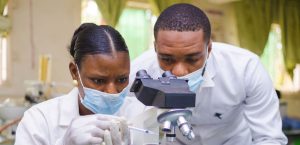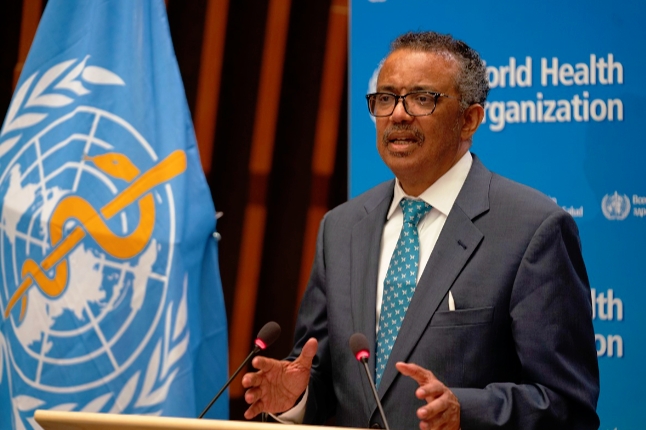Prof Obel could have been feted for attempting to develop Kemron and Pearl Omega to wrestle a killer that still roams like an albatross in our midst.
KISUMU, Kenya, October 9th -As Kenyans continue to mourn the late researcher, Professor Arthur Othieno Killion Obel, here is a man who will go down in the annals of medical history as a fellow who attempted to grab the dreaded HIV/AIDS epidemic by the horns.
Prof Obel died on 27th September, 2025, at MP Shah Hospital, Nairobi, after a short illness.
He attempted to come up with a cure for the dreaded ailment, years ago, when talking about it was anathema.
HIV Cure?
In 1993, when HIV/AIDS was killing many Kenyans in their thousands every month, Prof Obel launched a two-pronged attack on the plague by announcing the discovery of Kemron and Pearl Omega, “two drugs he claimed eliminated the retrovirus,” when options for a cure were scarce.
President Daniel Arap Moi, at the time, immediately announced that 50 patients had been cured by Prof Obel’s drugs.
However, America’s National Institutes of Health (NIH) dismissed Kemron as a mere placebo, while South Africa’s University of Pretoria couldn’t find data to support the drug’s efficacy.
The World Health Organisation (WHO) declared that the drugs did not meet international medical standards.

Incidentally, police had earlier arrested medics who first announced Kenya’s first HIV/Aids cases in 1984, fearing that the news would scare tourists.
That was the extent of the myth and stigma associated with the scourge since scientists were yet to study how the virus actually behaves.
In fact, the first Kenyan to publicly declare his positive status from an ailment was the late Joe Muriuki in 1987.
He was sacked from his accounting job at the Nairobi City Council, his wooden seat thrown out the window.
Muriuki’s wife was dismissed from teaching in a public primary school, while bank tellers didn’t find a need to open an account for Muriuki since he was going to die anyway.
Legal tussles
In this, the darkest of medical hours, came Prof Obel with a local solution to a global scourge. He later faced multiple lawsuits from patients who had undergone trials of Kemron and the Society of People with AIDS in Kenya.
According to the petitioners, he had told them that they had become HIV-negative from his ‘miracle drug.’
On May 2,1996, Health Minister Joshua Angatia stated that Pearl Omega was a ‘herbal concoction’ whose efficacy levels had never been scientifically proven.
It is worth noting that Obel’s bravery paved the way for Kenya’s eventual coordinated response to HIV/Aids. However, these medications were later found to be ineffective against the retrovirus.
Even though HIV is no longer a death sentence, given the advances made in its treatment, people like Prof Obel could have been feted for attempting to wrestle a killer that still roams like an albatross in our midst.
Worth mentioning is the fact that many researchers in the West have attempted to come up with a cure or vaccine for HIV, but have failed in such attempts, and none of them have been ostracised the way Prof Obel was condemned by Kenyans and fellow researchers both locally and internationally.
Prof Obel lived large in science and socially. In his garages at Nairobi’s Lavington and Loresho homes would be parked a total of 11 marques.
In his books, the automobile was more than a box on four wheels for moving from point A to B. The late Obel was renowned for his pioneering work on HIV/AIDS treatments in the 1990s.
Born on 21st May, 1946, held a PhD in Therapeutics from London University and a Master’s degree in Clinical Medicine from the University of Nairobi.

Despite the controversy surrounding his treatments, Obel undeterred, continued to work on HIV/AIDS research and published several papers on the topic.
He also wrote books on various subjects, including power dynamics and industrialisation strategies.
Looking at his otherwise tumultuous career, Obel was a member of the Global Epidemiology Society, Achievers Society, and a fellow of the Jewish Chemists Federation, International Diabetes Federation, and Global Pharmaceutical Federation.
On 10th October, Prof Obel will be laid to rest at his Busire village home in Busia County.
Fredrick Odiero is a seasoned writer who has extensively covered health topics across various media platforms.



